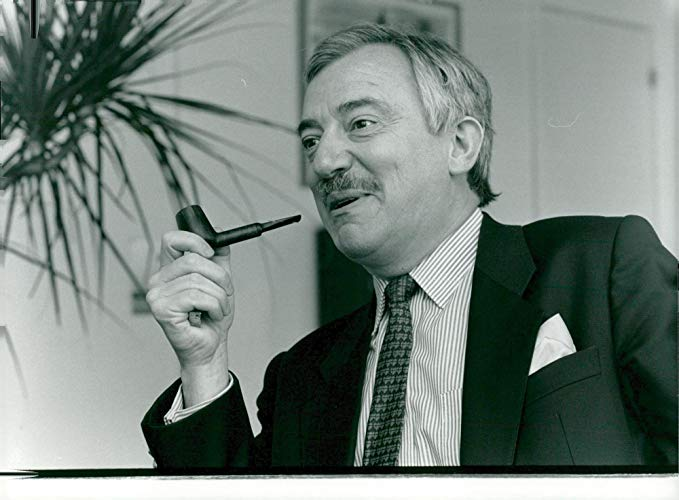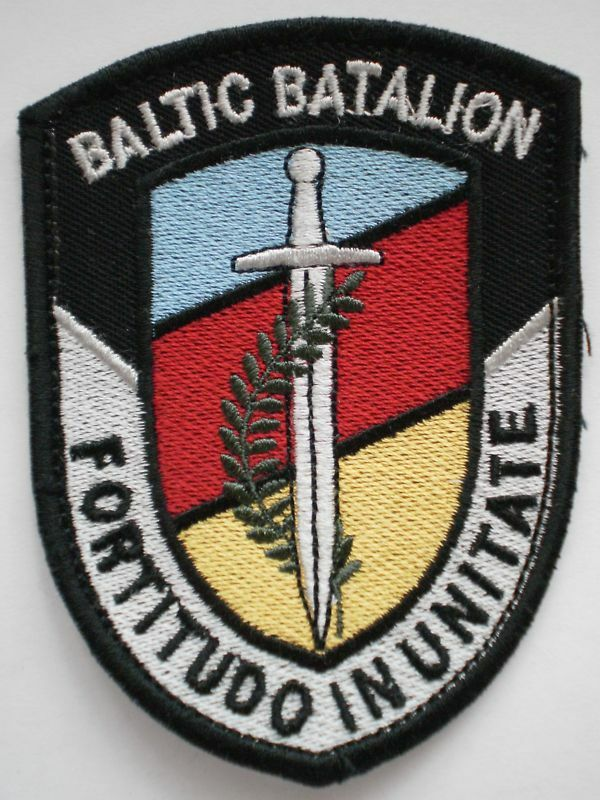This doctrine called for Denmark to be more assertive and active in the UN, NATO, and the EC (soon EU).
The report read:
“In the relationship between the Soviet Union and the West, Denmark, isolated, naturally plays no prominent
role...
in Copenhagen.
This meant Denmark was one of the first states to recognize the Baltics (whereas the USA was something like the 30th).
By the mid-1990s, due to the Balkan Wars, @NATO
was focusing on deploying Peacekeeping operations.
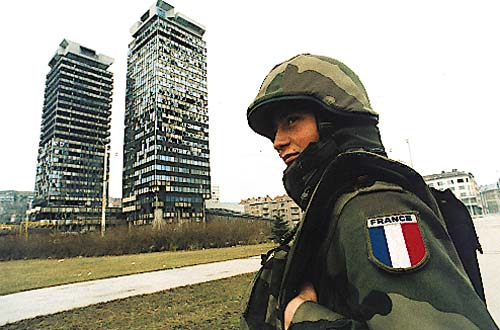
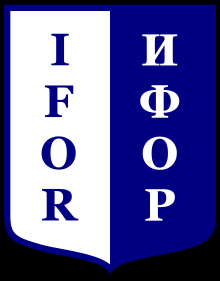
(& also valuable to Russia, as maintaining peace in the Balkans was a priority). Indeed, their first deployment was with 🇩🇰
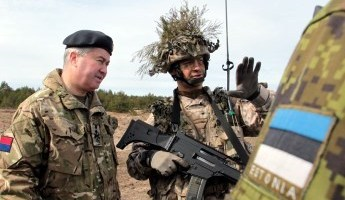
As a 1999 editorial in the Norwegian paper @Aftenposten
remarked, "BALTBAT almost functions as a preparatory school for NATO membership"

amazon.com/Organizing-Dem…
I highlighted this point in a @monkeycageblog piece from last summer
washingtonpost.com/news/monkey-ca…
But it's a story worth recalling: without Denmark's efforts, I don't see the Baltics being in NATO.
[END]


